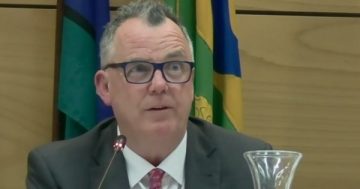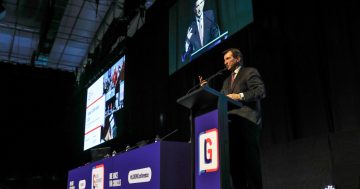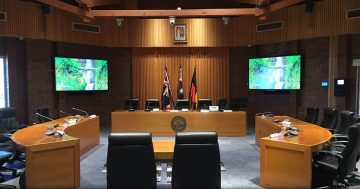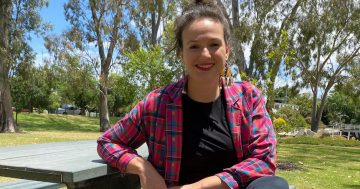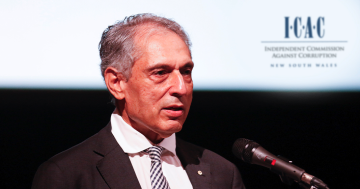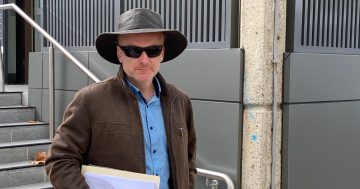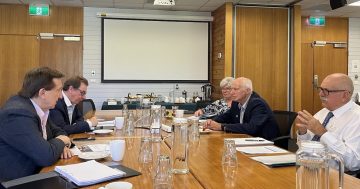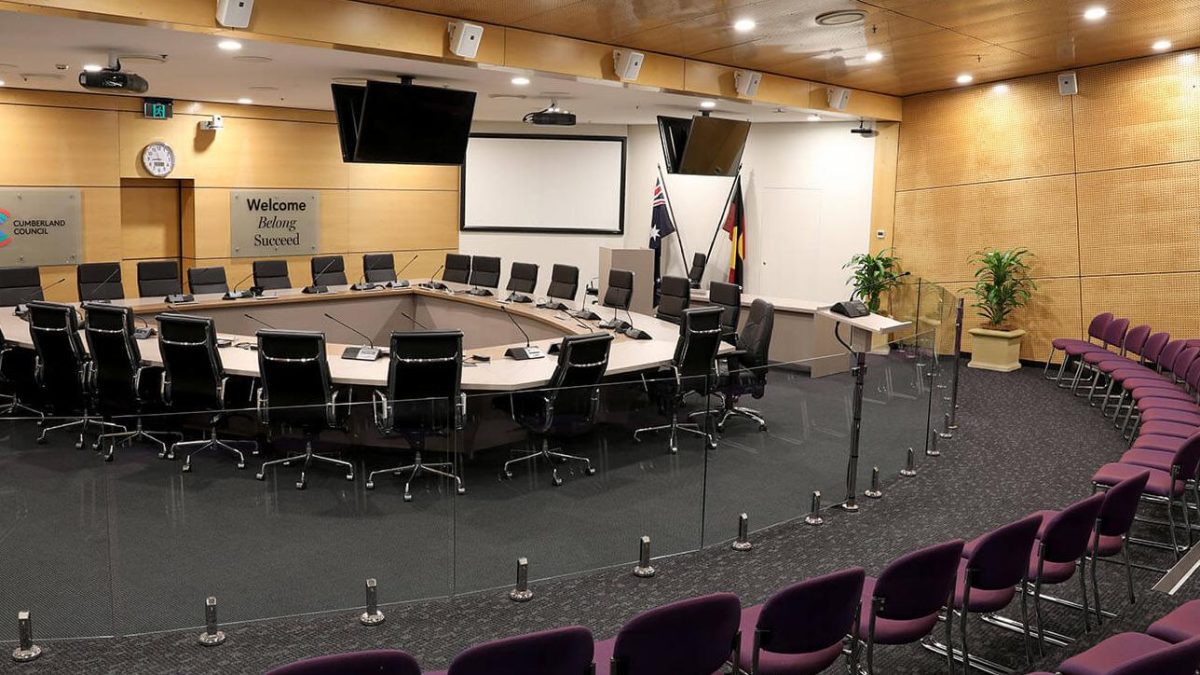
Local governments across NSW are set for big changes to boost transparency and public trust. Photo: Cumberland City Council.
The NSW Government is implementing reforms to local government across the state in an effort to restore community confidence and increase transparency, while also adding stronger penalties for wrongdoing.
Coming into effect from 1 January, 2026, the Model Code of Meeting Practice is part of a larger set of changes made by the Minns Labor Government to boost community confidence and trust in local government.
The reforms will simplify the methods by which council meetings are conducted, ensuring that proceedings are orderly and that councillors make their decisions in a manner that the community can see and understand.
All councils must adopt the meeting code by 31 December.
Specific changes to the code include:
- Encouraging public forums before council meetings and engaging with the community on local matters.
- Preventing councils from holding private councillor briefs to discuss issues that should be debated in the public domain.
- Expanding the powers of the mayor to remove disorderly councillors from meetings.
- Expanding the powers of the mayor to remove disorderly members of the public disrupting meetings.
- Mandating that information considered at closed meetings be made public after it is no longer confidential.
- Mandating that councils give a reason when making planning decisions that are different from staff recommendations, a measure recommended by ICAC.
- Promoting the neutrality of the general manager.
- Mandating that council and committee meetings be live-streamed to give the community, as well as the media, access to the decision-making and requiring that such videos be public for at least the rest of the council’s term, or 12 months if taking place in an election year.
“The council chamber should be a place of dignity, where debate and decision-making take place in full view of the community,” Minister for Local Government Ron Hoenig said.
“Making decisions on behalf of communities is the very role of a councillor, and all councillors should never lose sight of this core responsibility.”
A new code of conduct for councillors is also being finalised, as are changes to the legislative system. Also, new reforms will impose stronger penalties upon councillors who misbehave in office, something the NSW Government said was “sorely missing” from current processes.
Currently, council misconduct is heard by the NSW Civil and Administrative Tribunal, which the government itself has characterised as slow and bureaucratic, taking years to resolve issues.
Changes would instead take relevant cases to the Land and Environment Court, a superior court, with expertise in local government matters, which the government said would streamline such matters.
Proposed changes are:
- A minister of a government body or any other individual with leave of the court may commence proceedings alleging misconduct. If the court decides that misconduct has been established, the court may disqualify the councillor for a period of up to five years, suspend the councillor, fine them or order restitution.
- The court will have the power to suspend a councillor pending final proceedings hearings if in the public interest.
“The process for holding councillors to account for serious misconduct is too weak and is hamstrung by procedural complexity,” Mr Hoenig said.
“Currently, a councillor can only be suspended after a bureaucrat in the Office of Local Government has written a report. The system is long, slow, and ineffective.
“Council and committee meetings must be effective, transparent and genuine, and strive for outcomes to benefit the community.”


